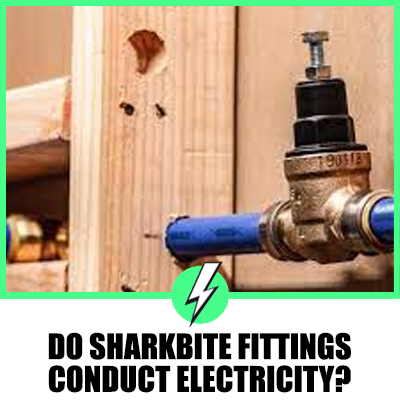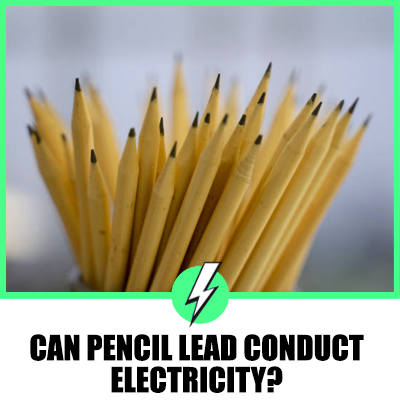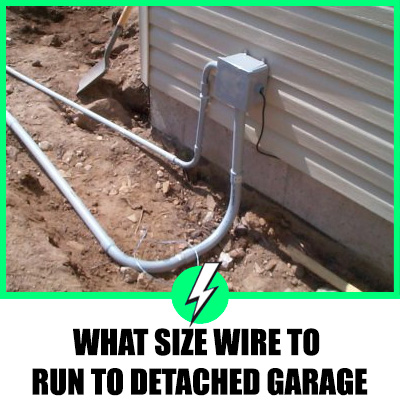Do SharkBite Fittings Conduct Electricity? A Comprehensive Guide for UK and US Audiences
In the world of plumbing, SharkBite fittings have emerged as a popular choice.
Both professionals and DIY enthusiasts appreciate their ease of use and versatility.
But a question often arises: Do SharkBite fittings conduct electricity?
This article delves into this topic, providing a comprehensive guide for both UK and US audiences.

Contents
Can SharkBite Fittings Conduct Electricity?
SharkBite fittings are primarily composed of brass.
Brass is a metal known for its good conductivity.
However, the question of whether they can conduct electricity is not as straightforward as it might seem.
According to a discussion on the International Association of Certified Home Inspectors forum, the electrical continuity of SharkBite fittings is not assured.
This is due to the design of these fittings.
They may prevent the copper pipe from making direct contact with the brass fitting.
Instead, the pipe might only touch the rubber O-ring.
In a Reddit discussion, users suggested that while SharkBite fittings may not provide perfect electrical continuity, they likely do conduct electricity to some extent.
However, for safety and to ensure electrical continuity, it is recommended to install a bonding jumper across each SharkBite fitting.
Why Do Plumbers Say Not to Use SharkBite?
SharkBite fittings are popular for their ease of use.
However, some plumbers advise against their use.
The main reason is that these fittings are not approved for installation on Type M annealed (soft) copper larger than 3/8” nominal size.
This information comes from a document on jerrypeck.com, which cites the SharkBite Engineering Specification Package.
In the UK, plumbing systems often use copper pipes.
The use of SharkBite fittings may not be suitable for all applications due to the aforementioned limitations.
In the US, where PEX and CPVC pipes are also commonly used, SharkBite fittings may be a more viable option.
But the same concerns about electrical continuity apply.
Are SharkBite Fittings Dielectric?
Dielectric fittings are used to separate two different metals in a plumbing system.
This prevents galvanic corrosion.
SharkBite fittings, however, are not classified as dielectric.
They are made of brass and are designed to connect pipes of different materials, such as copper, PEX, and CPVC.
This is an important consideration for both UK and US audiences.
The use of dielectric fittings can be crucial in preventing corrosion in plumbing systems that involve different types of metal.
What Are the Cons to SharkBite Fittings?
SharkBite fittings offer ease of installation and versatility.
However, there are some potential downsides.
As mentioned earlier, they may not provide assured electrical continuity.
This could be a concern in certain plumbing systems.
Additionally, they are not suitable for all types of piping.
Particularly, Type M annealed copper larger than 3/8” nominal size is not suitable.
Lastly, while they are generally reliable, they can fail if not installed correctly.
This can lead to leaks.
For both UK and US audiences, these potential drawbacks should be weighed against the benefits when considering the use of SharkBite fittings.
Insights from Online Discussions
Online discussions reveal a range of opinions and experiences with SharkBite fittings.
Some users on the Woodnet forum express concerns about the longevity and reliability of these fittings.
Others share positive experiences with their ease of use and convenience.
On Reddit, users discuss the potential for electrical continuity through SharkBite fittings.
Some suggest the use of a bonding jumper to ensure continuity.
In a document from jerrypeck.com, the author highlights that SharkBite fittings are not approved for use on certain types of copper piping.
They may not assure electrical continuity.
Conclusion
SharkBite fittings, while convenient and versatile, come with their own set of considerations.
Their ability to conduct electricity is not assured.
And they may not be suitable for all types of piping.
As always, it’s recommended to consult with a professional plumber or electrician when dealing with plumbing and electrical systems in your home.
Whether you’re in the UK or the US, this comprehensive guide aims to provide a balanced view of the topic.
But remember, every plumbing system is unique.
What works in one situation may not work in another.
Always consider the specific needs and requirements of your project before deciding on the best course of action.





